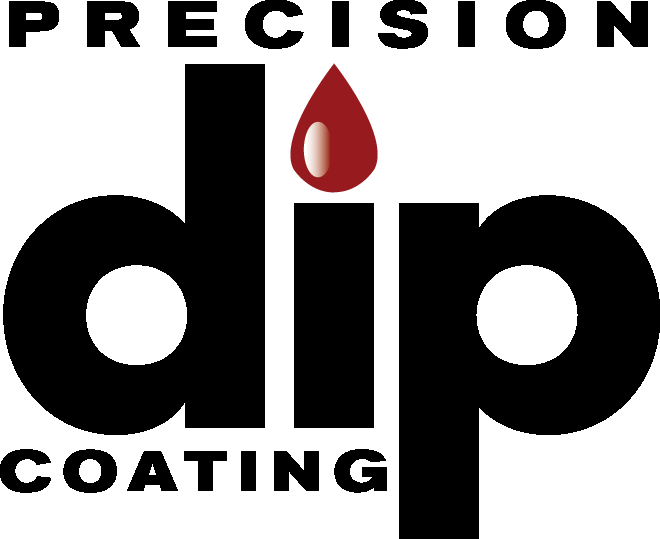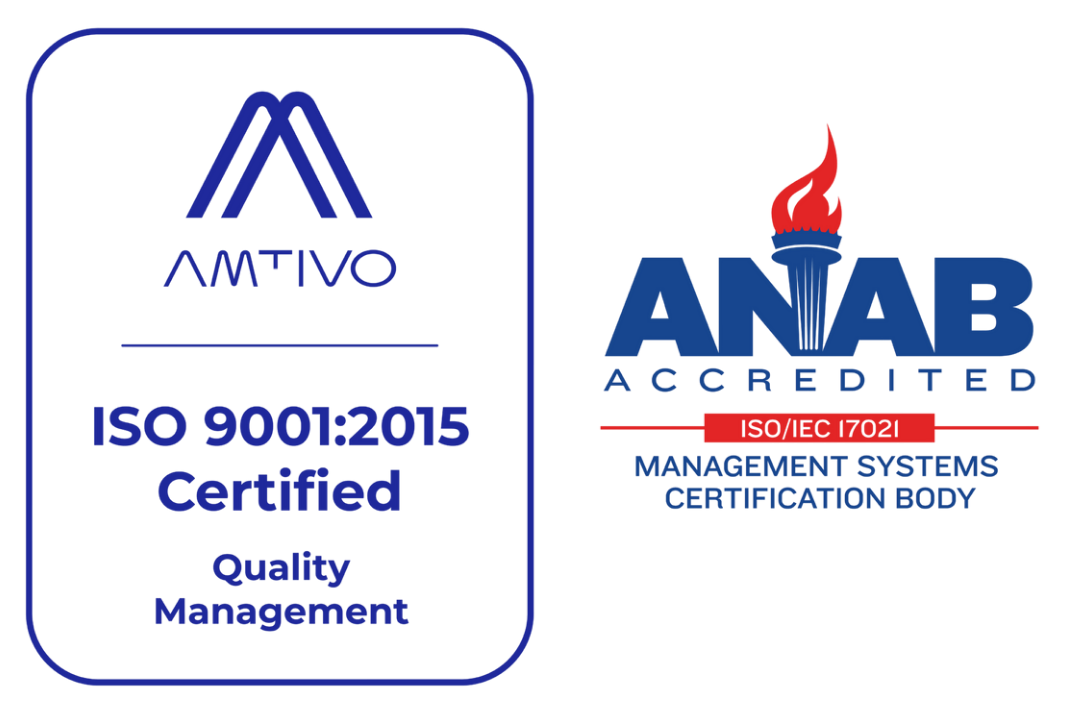Protect Your Employees With Dielectric Coating
In industries where exposure to electricity is a daily risk, safety is non-negotiable. Dielectric coatings are one of the most cost-effective and reliable ways to protect workers and equipment from electrical hazards. These specialized coatings create a durable, non-conductive barrier that insulates metal components, helping prevent electric shock, arc flash, and equipment damage. At Precision Dip Coating, we deliver advanced dielectric coating solutions for tools, personal protective equipment (PPE), and components in high-voltage and industrial environments.
What Is Dielectric Coating?
Dielectric coatings are electrical insulators applied to metal parts and surfaces to block the flow of electric current. These coatings leverage the molecular properties of poor conductors—like vinyl, epoxy, and nylon—to interrupt current transmission and provide a protective layer over conductive substrates like steel, aluminum, or copper. Beyond electrical insulation, dielectric coatings also provide:
- Protection from moisture, chemicals, and corrosive environments
- Resistance to physical wear and abrasion
- Extended service life of tools and components
- Safer handling for operators and technicians
These coatings are critical in high-risk environments, where even a momentary contact with energized surfaces could result in serious injury or death.
Key Applications of Dielectric Coatings
Dielectric coatings are widely used across industries such as electrical utilities, manufacturing, construction, and energy. Here are some of the most common applications:
High-Voltage Tools and Equipment
Tools used by linemen, electricians, and maintenance crews often come into direct contact with energized parts. Dielectric coatings help protect:
- Pliers, cutters, and screwdrivers
- High-voltage probes and testers
- Cable handling tools
- Tool grips and insulated handles
Power Distribution and Electrical Components
Components in power systems, control panels, and transformers can be coated to prevent arcing or accidental contact, such as:
- Busbars and terminals
- Power enclosures and junction boxes
- Switches, insulators, and hardware brackets
Personal Protective Equipment (PPE)
Dielectric coatings can be applied to PPE to add an extra layer of electrical insulation and environmental protection, including:
- Helmet shells and face shields
- Safety barriers and shields
- Insulated gloves and protective sleeves
Best Coating Materials for Dielectric Protection
The choice of dielectric coating depends on factors such as electrical rating, application method, chemical resistance, and mechanical durability. Here are the top materials we use at Precision Dip Coating:
Plastisol Coating
Ideal for high-voltage tools and PPE, plastisol is a flexible vinyl-based coating that offers outstanding electrical insulation, chemical resistance, and shock absorption. Its soft texture also provides excellent grip for tool handles.
Epoxy Coating
Epoxy is a hard, durable coating known for excellent adhesion, even on sharp edges and complex geometries. It delivers high dielectric strength and outstanding chemical and moisture resistance.
Halar Coating (ECTFE)
This high-performance fluoropolymer offers excellent dielectric properties, ultra-smooth surface finish, and exceptional resistance to chemicals, UV, and abrasion. Halar is often used in sensitive environments such as electronics manufacturing and cleanrooms.
Nylon Coating
Nylon powder coating is lightweight, tough, and ideal for environments that demand sterility, mechanical wear resistance, and medium-voltage insulation. It’s also renewable and non-toxic.
Vinyl Coating
Vinyl is a cost-effective coating solution with solid dielectric strength and environmental durability. It performs well in outdoor and industrial settings where exposure to chemicals or temperature shifts is common.
How Dielectric Coatings Are Applied
At Precision Dip Coating, we use multiple coating application methods to match your part’s geometry, material, and performance needs:
- Dip Coating: Ideal for handles, hooks, and uniformly shaped components
- Electrostatic Spray Coating: Delivers precision coverage and uniform thickness
- Fluidized Bed Coating: Best for high-volume parts needing thicker, more durable coatings
Each process ensures full coverage and adhesion, reducing the risk of coating failures and extending product life.
Why Trust Precision Dip Coating for Electrical Insulation?
With decades of experience and an ISO 9001:2015 certified facility, Precision Dip Coating offers trusted expertise in dielectric coating solutions. We work with clients across the electrical, construction, manufacturing, and safety equipment industries to ensure their products are both compliant and high-performing. Our capabilities include:
- Custom coating development and prototyping
- Precision color matching and branding options
- High-volume production with quality control at every step
- Full supply chain and logistics support
Whether you're looking to insulate high-voltage tools or add protection to control panels and PPE, we provide coatings engineered to meet strict performance and safety standards.
Safeguard Your Workforce With Dielectric Coating Solutions
Electrical safety starts with the right materials and processes. At Precision Dip Coating, our dielectric coatings help manufacturers and operators reduce risk, extend equipment life, and meet critical industry standards. From high-voltage tools to power components and PPE, we deliver coating solutions that perform under pressure. Contact us today to learn more about our dielectric coatings.







